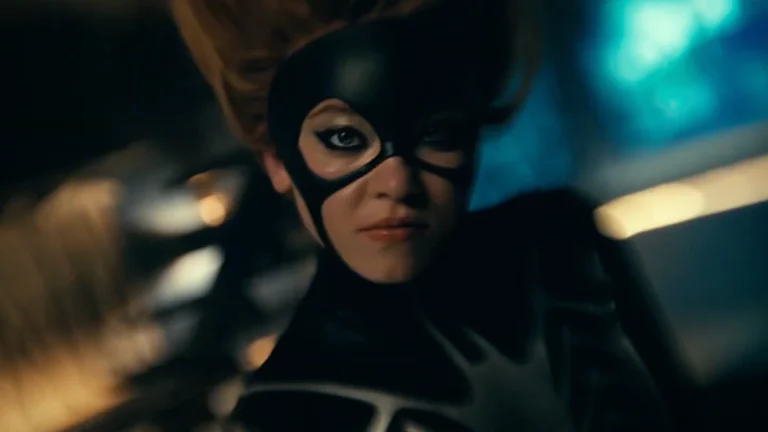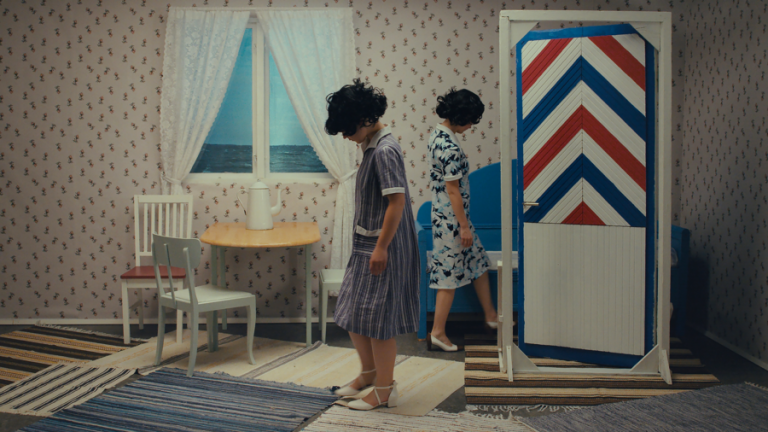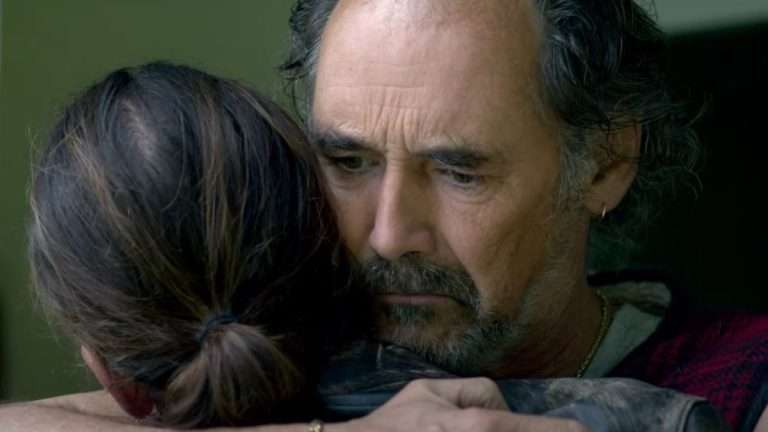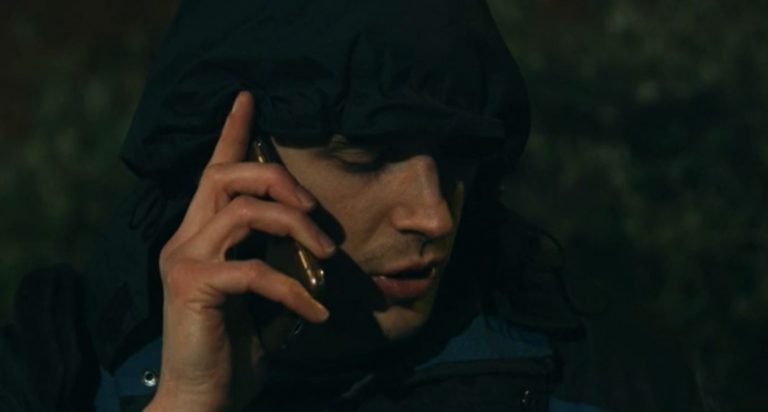Aaron Sorkin is one of the best screenwriters in the game. He is the architect of movies like A Few Good Men (1992), The Social Network (2010), Moneyball (2011), and Steve Jobs (2015). And he has written critically acclaimed shows like The West Wing (1999-2006) and The Newsroom (2012-2014). You can vehemently disagree with his opinions on how Spanish and Cuban aren’t “actable” since it borders on racism, as well as his opinion on how gay and straight aren’t “actable” since it borders on homophobia. But you have to agree that his writing is simply beautiful. Now, when it comes to him directing his own scripts, which he has done thrice with Molly’s Game (2017), The Trial of the Chicago 7 (2020), and Being the Ricardos (2021), Sorkin falters miserably.
Before getting to the ‘how’ of Sorkin’s failed directorial efforts, let’s get over the ‘what’ of his directorial efforts. Being the Ricardos is a biographical drama about the relationship between I Love Lucy (1951-1957) stars Lucille Ball (Nicole Kidman) and Desi Arnaz (Javier Bardem). It starts off with a documentary-esque fictional interview of Jess Oppenheimer (John Rubinstein) in his 80’s, Madelyn Pugh (Linda Lavin) in her 70’s, and Bob Carroll (Ronny Cox) in his 70’s talking about the day the news broke that Ball is a communist and that Desi is having an affair. Then the narrative shifts to Ball and Desi conversing/arguing about how they’re going to tackle these problems while keeping the show running. Things get more complicated when Lucille learns that she’s in fact pregnant and they’ve to somehow work that into the script while dealing with CBS executives who are against showing a pregnant woman on-screen.
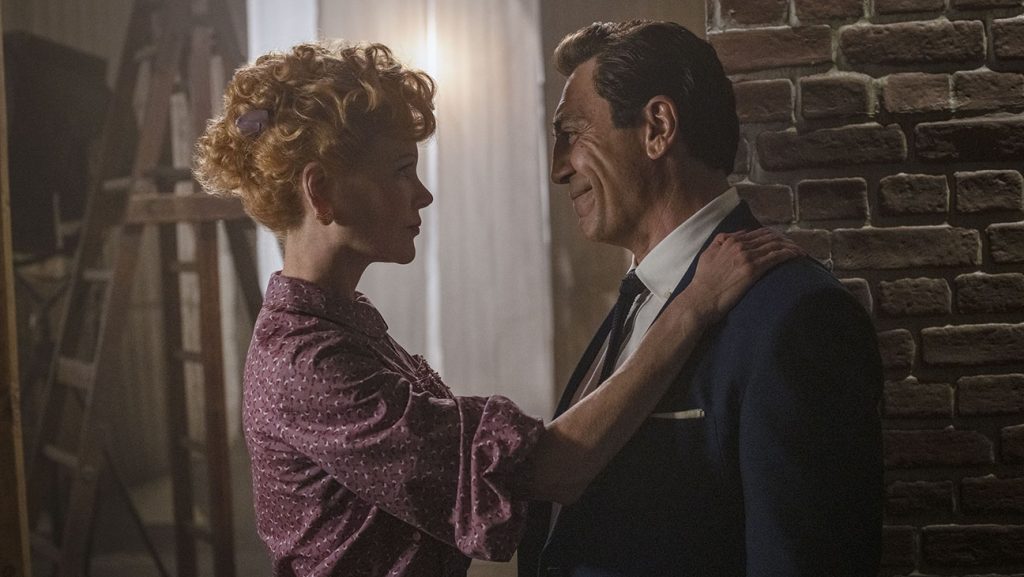
As you can see, this is a very interesting premise. There’s an opportunity to show what goes on behind the otherwise glossy image of couples who play couples on-screen as well. We get to see the moment in entertainment history where public and executive outlooks were kept on the side to make way for something as natural as pregnancy. Those who have no clue about how shows are written and how comedy functions (or used to function) can watch it unfold right before their eyes. On top of all that, we get an idea of the greatness of Lucille Ball. And for the most part, it’s deconstructed in a smart and educational manner via Sorkin’s signature dialogue-writing which makes every scene feel both organic and crisp. Even if you haven’t seen the real-life counterparts of the characters on-screen or know nothing about the politics between studios in the ’50s, you will be sucked into this whirlwind narrative with significant ease. But a movie is not just about dialogues. It’s about the visuals as well, which Sorkin evidently doesn’t know how to use.
Also, Read: The Trial Of The Chicago 7 (2020): When Conservatism Destroys
It won’t be an understatement to say that this is Sorkin’s worst movie out of the three he has directed. In Molly’s Game, along with cinematographer Charlotte Bruus Christensen, he did something dynamic with the camera to translate the tension in the poker scenes. That visual flair went down a notch during his collaboration with cinematographer Phedon Papamichael in The Trial of the Chicago 7. And his work in Being the Ricardos with cinematographer Jeff Cronenweth is just dull, static, and boring to look at. For your kind information, Cronenweth is the man behind Gone Girl (2014), The Girl with the Dragon Tattoo (2011), The Social Network (2010), One Hour Photo (2002) and more. So, there’s no doubt that Cronenweth is talented. However, a movie’s visuals can only be as good as the director’s vision; which in this case is unimaginative and over-reliant on the verbose dialogues. Hence, for better or for worse, you can give your eyes a rest and experience the movie through the conversations alone. It won’t make a world of difference.
The drab presentation comes close to undermining the ensemble cast’s performances. But since they are a bunch of uber-talented people, they manage to rise above the material and make their mark. Kidman’s portrayal of Ball’s determination to make a scene work or keep the marriage alive or be the sharpest tool in a room full of men is admirable. The intricacies in Kidman’s performance are lost in the distance between her and the camera. So, you have to pay extra attention whenever she’s on-screen to truly appreciate her performance. Bardem channels such confidence and enthusiasm to bring Desi to life, while hinting at the shortcomings in his character through his body language and dialogue delivery. And he aptly depicts the erratic chemistry between Lucille and Desi by playing off of Kidman magnificently. That said, just like Kidman, Sorkin’s direction doesn’t allow you to get too intimate with them. In fact, the same can be said with all of the great performances in the movie, with the biggest miss of them all being J.K. Simmons as William Frawley.
Checkout – 25 Best Oscar-Winning Performances (Male)
Therefore, if you want to cherish Kidman’s, Bardem’s, Nina Arianda’s, Simmons’s, Alia Shawkat’s, Jake Lacy’s, and Tony Hale’s performances in Being the Ricardos, here’s your final disclaimer: you have to put in the extra effort and pay attention. Because Sorkin doesn’t do them justice.
In conclusion, Aaron Sorkin‘s Being the Ricardos is a classic case of wasted potential. This could’ve been a strong awards season contender, a critical hit, as well as a financial success. It still might be because of the names associated with the project. But apart from featuring a ton of well-written scenes, it has nothing much to offer. The movie’s not the worst thing in existence. It’s somewhere in the middle. But here’s the kicker. If your work of art is close to either end of the quality spectrum, it makes a mark. People revisit it. It becomes a part of the ongoing discourse around entertainment. However, being in the middle attracts the danger of being forgettable. Which is something that a movie with actors like Nicole Kidman, Javier Bardem, J. K. Simmons, Tony Hale, cinematographer Jeff Cronenweth, editor Alan Baumgarten, production designer Jon Hutman, composer Daniel Pemberton, and writer-director Aaron Sorkin shouldn’t be. Yet, here we are.
